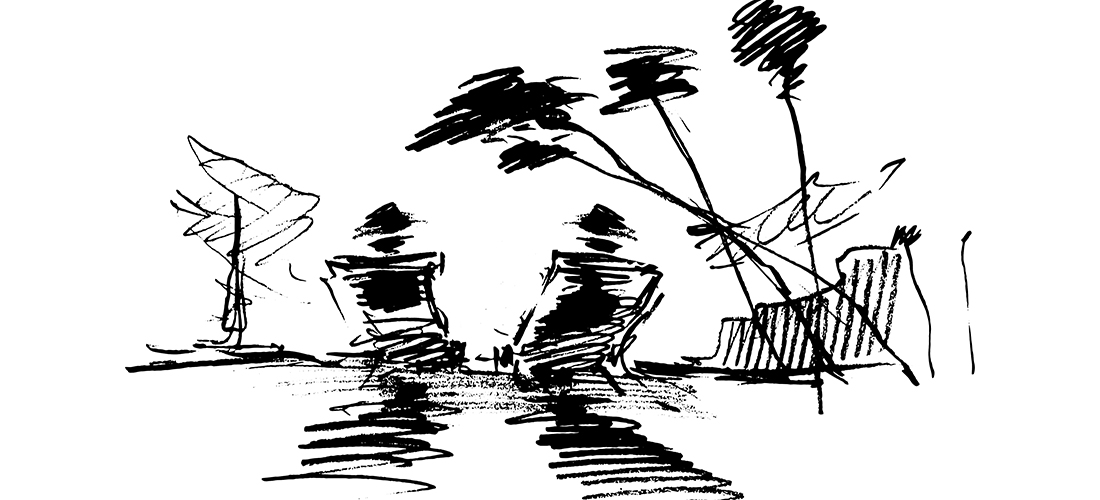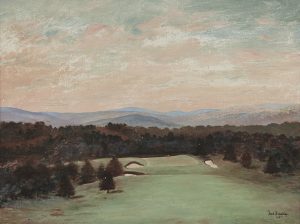
Father’s Day
A note for a quiet man
By Jim Moriarty
Traditionally, the U.S. Open is designed to finish on Father’s Day, and since I covered golf, I was always in Pennsylvania or California or New York or somewhere other than home on that particular Sunday. The occasion, for me, was a string of construction paper cards drawn by little hands and a package or two tucked into a suitcase.
Having grown up in a household with two brothers and a single mother who was tougher than beef jerky, that particular day had never been circled on our kitchen calendar anyway. That doesn’t mean I didn’t feel the tug when Rory McIlroy came walking down the hill on the 18th hole of Congressional Country Club on a stroll to a championship, scanning the crowd, joyously looking for one face and one face alone, his dad’s.
I married into a family of five children, two girls on either side of a boy stuck in the middle. One summer a bunch of us — not all, but more than a quorum — came together for a week at a beach house. In the evening we’d sit on the deck with a cold beer in our hands, stare at the Atlantic and talk about pretty much anything that popped into our heads. I mentioned the beer, didn’t I?
We got to talking about fathers because, by then, we all were, and somehow or other I got to talking about my wife’s father.
He’d grown up on a dairy farm, and when high school kids would come around to date his daughters, they’d sometimes ask him how he got those big forearms, and he’d just look at them and hold out two big fists and start to move them up and down like he was milking an invisible cow suspended in the air.
He was in the Navy in World War II and served on a ship in the Pacific. When his ship was anchored off New Zealand and the crew got liberty, he stayed on board because he was the only sailor who knew how to weld, and there were repairs that needed doing. For him, the war was more like Mr. Roberts than PT-109. He never made any more — or any less — of it than what it was. His country needed him. He served.
He worked heavy construction most of his life. He knew where every sewer and water line was in the city where he grew up and where his children grew up. If someone needed to find out where a line ran and what the hell it tied into, the first stop wasn’t to the office of the city engineer; they came to him. After decades of climbing in and out of ditches, his knees don’t work so well now, but if he walked out into his backyard and whistled, a backhoe would probably show up.
He built his house with his own hands. Big and thick, they feel more of the past now than they do the present. He sent five children to college, four of them girls, when there were plenty of folks he grew up around who thought that spending a lot of money educating a girl was a waste. He got teachers and librarians and engineers out of it.
Rain or shine, in the winter cold or the summer heat, he went to a job every day that he didn’t much like, but he went because there were people who depended on him. Black or white, if you worked hard and were honest, you were welcome in his living room. When his wife, the partner of a lifetime, got Alzheimer’s, she couldn’t recognize him but he never stopped seeing her.
And, it has occurred to me, after all these years, that he’s as much a father as I’ve ever had and that, profoundly late though it may be, I don’t think I’ve ever told him how much I love him.
Happy Father’s Day, Don. I wish it was on a hand-drawn card. PS
Jim Moriarty is senior editor of PineStraw and can be reached at jjmpinestraw@gmail.com.





